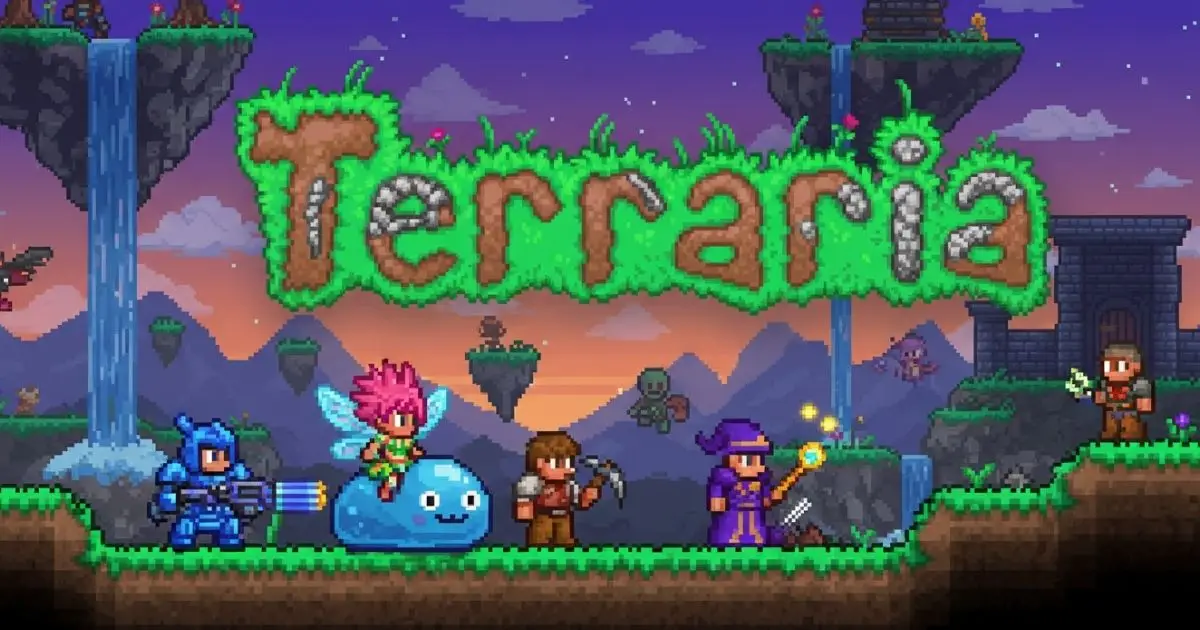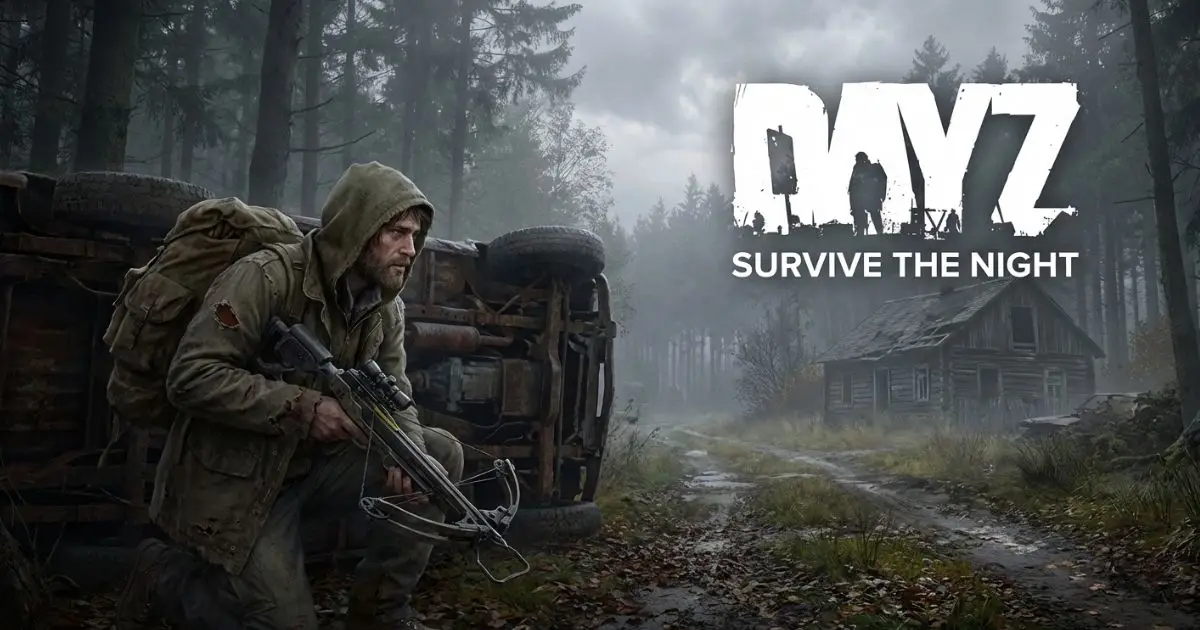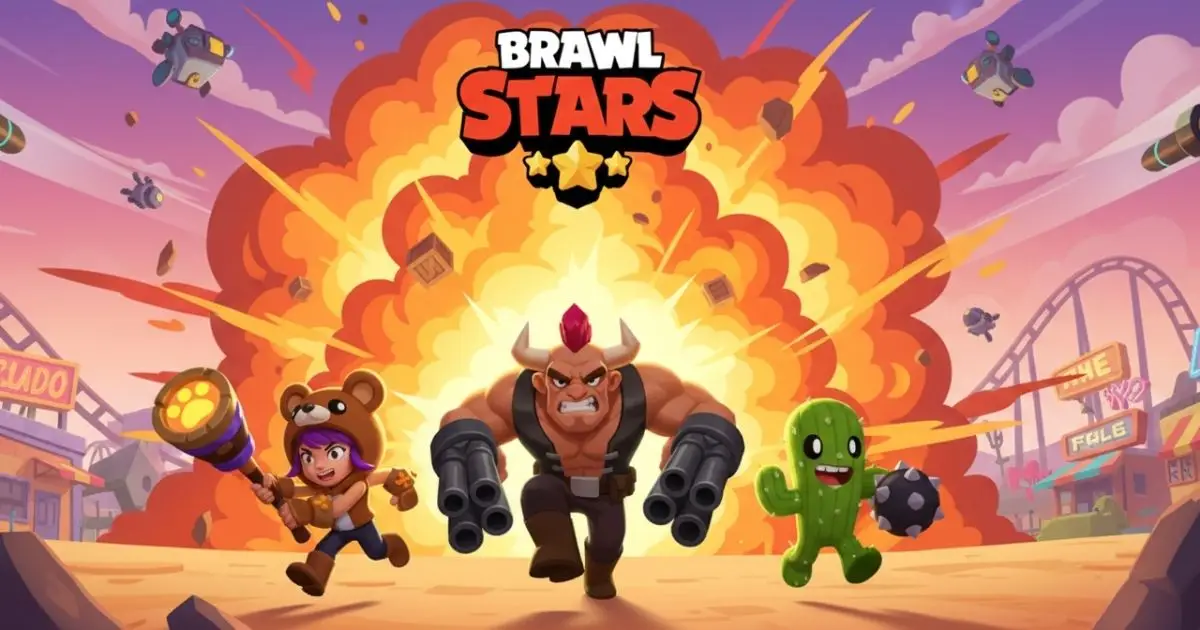ANÚNCIOS
Your brain craves stimulation, and mobile puzzle games deliver exactly that. These digital brain teasers have evolved far beyond simple match-three mechanics, offering complex challenges that can genuinely improve your cognitive abilities while providing hours of entertainment.
ANÚNCIOS
Whether you’re commuting to work or relaxing at home, the right puzzle game can transform idle moments into productive brain training sessions. Let’s explore the most challenging and rewarding mobile puzzle games that will push your mental limits.
Why Your Brain Needs Puzzle Games
Scientific research consistently shows that regular puzzle-solving can improve memory, enhance problem-solving skills, and even delay cognitive decline. Mobile puzzle games offer a convenient way to exercise your brain daily.
Unlike passive entertainment, puzzle games actively engage multiple cognitive functions simultaneously. You’re processing visual information, planning ahead, recognizing patterns, and making strategic decisions—all while having fun.
ANÚNCIOS
The Monument Valley Series: Visual Poetry Meets Logic
Monument Valley stands as a masterpiece of mobile puzzle design. This game challenges you to navigate impossible architecture inspired by M.C. Escher’s optical illusions.
Each level presents a seemingly impossible maze that transforms as you manipulate the environment. You’ll rotate towers, slide platforms, and discover hidden pathways that defy conventional logic.
What makes Monument Valley particularly brain-challenging is its requirement to think in three dimensions while working with two-dimensional representations. Your spatial reasoning skills will get a serious workout.
The sequel, Monument Valley 2, introduces new mechanics and emotional storytelling that adds layers of complexity to the puzzle-solving experience.
The Witness: Philosophy Meets Puzzle Design
The Witness brings console-quality puzzle complexity to mobile devices. This game features over 500 line-drawing puzzles that start simple but evolve into mind-bending challenges.
What begins as drawing lines from point A to point B gradually introduces new rules and symbols. Each new element fundamentally changes how you approach every puzzle.
The brilliance of The Witness lies in its teaching method. The game never explicitly explains its rules—you learn through experimentation and observation. This discovery process exercises pattern recognition and inductive reasoning.
Advanced puzzles require you to consider environmental factors, audio cues, and even the perspective from which you view the puzzle. It’s a game that rewards careful observation and creative thinking.
Return of the Obra Dinn: Detective Work as Puzzle Gaming
Return of the Obra Dinn transforms investigation into puzzle gameplay. You’re an insurance investigator determining what happened to the crew of a mysterious ship.
Using a magical pocket watch, you witness the final moments of each crew member’s life. Your challenge is piecing together identities, relationships, and causes of death from fragmentary evidence.
This game exercises deductive reasoning, memory, and attention to detail. You’ll need to remember conversations, observe clothing and physical features, and make logical connections across dozens of scenes.
The unique 1-bit art style isn’t just aesthetic—it’s a puzzle element that requires you to interpret visual information more carefully than in typical games.
Baba Is You: Rules as Puzzle Elements
Baba Is You revolutionizes puzzle gaming by making the rules themselves part of the puzzle. You manipulate word blocks to change how the game world operates.
In traditional puzzle games, rules are fixed constraints. Here, changing the rules becomes the primary mechanic. You might push the word “wall” away from “stop” to make walls passable, or move “you” from “Baba” to “rock” to control different objects.
This game challenges fundamental assumptions about how games work. It exercises abstract thinking, logical reasoning, and the ability to consider systems from multiple perspectives.
Advanced levels require you to think several steps ahead, predicting how rule changes will cascade through the game world. It’s like playing chess with reality itself.
Stephen’s Sausage Roll: Precise Planning Meets Complex Mechanics
Stephen’s Sausage Roll might look simple, but it’s considered one of the most challenging puzzle games ever created. You control a character with a fork, trying to cook sausages by rolling them onto grills.
The complexity emerges from the fork’s physics and the precise movements required. Each level demands perfect planning, as one wrong move can make completion impossible.
This game teaches patience, planning, and spatial reasoning. You’ll need to visualize several moves ahead and understand how objects interact in three-dimensional space.
The satisfaction of solving a level in Stephen’s Sausage Roll is unmatched, as each solution represents genuine problem-solving achievement.
The Room Series: Physical Puzzles in Digital Form
The Room series brings the experience of manipulating physical puzzle boxes to your mobile device. Each game centers around intricate mechanical contraptions filled with hidden compartments and secret mechanisms.
These games exercise visual-spatial intelligence and mechanical reasoning. You’ll examine objects from multiple angles, search for hidden switches, and understand how complex mechanisms operate.
The tactile feedback and realistic physics make solving puzzles feel genuinely satisfying. Each discovery leads to new layers of complexity, creating a sense of archaeological exploration.
The series progressively introduces supernatural elements that add mystery to the mechanical puzzle-solving, creating a unique atmosphere that enhances the cognitive challenge.
Maximizing Your Brain Training Benefits
To get the most cognitive benefit from puzzle games, vary your selection regularly. Different games exercise different mental skills, and rotating between them provides comprehensive brain training.
Set aside focused time for puzzle gaming. While these games are great for quick sessions, deeper challenges require sustained concentration to be truly beneficial.
Don’t rush to use hints. The struggle of working through difficult puzzles is where the real cognitive benefits emerge. Embrace the challenge and let your brain work through problems naturally.
Consider keeping a puzzle journal. Writing down your thought processes and solution strategies can improve metacognitive awareness and help you apply problem-solving skills to real-world situations.
Building a Progressive Challenge Routine
Start with games that match your current skill level and gradually increase difficulty. Jumping into extremely challenging puzzles can be frustrating and counterproductive.
Mix short-session games with longer, more complex puzzles. Quick brain teasers are perfect for maintaining sharpness, while deeper puzzles provide more substantial cognitive exercise.
Track your progress and improvement over time. Many puzzle games include statistics that show your solving speed and accuracy improving, providing motivation to continue challenging yourself.
The best brain-challenging mobile puzzle games combine entertainment with genuine cognitive benefits. Choose games that push your limits while remaining enjoyable, and you’ll discover that training your brain can be one of the most rewarding gaming experiences available.






